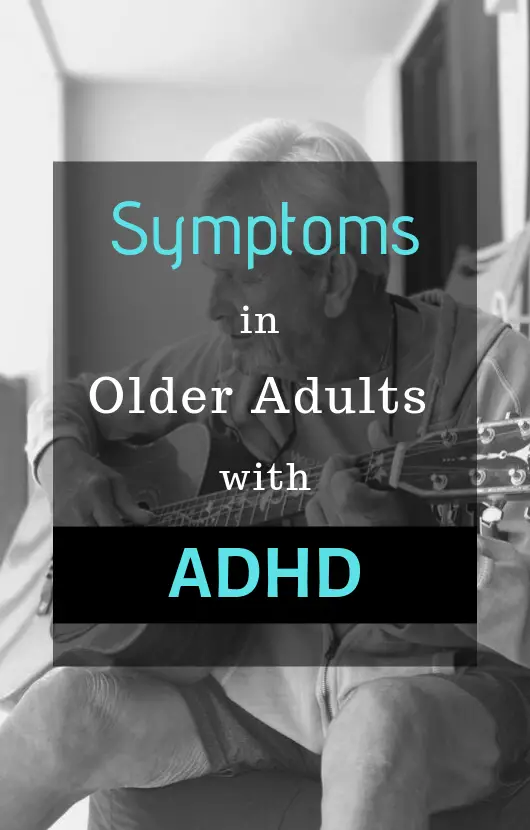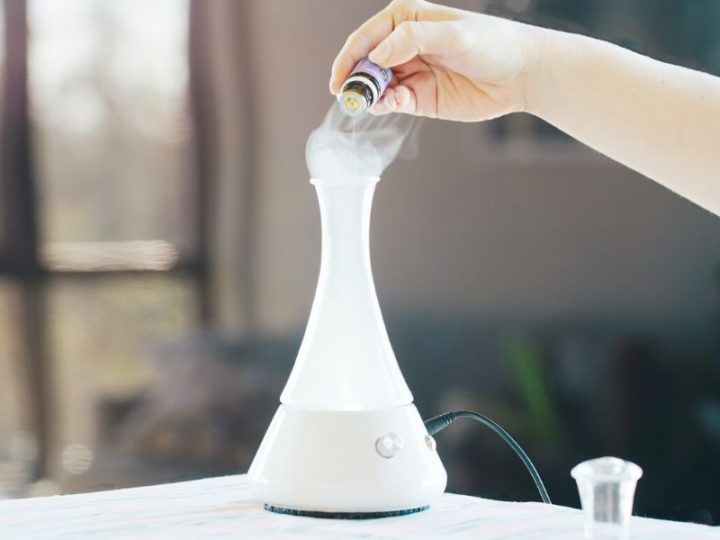Last Updated on May 16, 2021 by Kaden
The verb, forget, is defined in the dictionary as being unable to think of or recall. From the time we start learning to talk as toddlers until the days we begin basking in our older adult years, we continually Experiencing memory loss at some point. Whether it’s a word, someone’s name or an incident, we can’t always bring it to our minds’ front when the given situation requires it. As we age, these episodes tend to present more frequently. Many of us fearfully question of dementia or Alzheimer’s is taking root. However, memory loss can be ADHD that increases as the adult becomes older.
I hope you like these products! Just so you know, i may receive commissions on purchases made from the links on this page. Thank you if you use our links, i really appreciate it!
ADHD in Older Adults
That term, older adult ADHD, doesn’t generally come to mind regarding mature people. We tend to think of ADHD as a behavioral condition solely relegated to children. According to psychological diagnosticians, even adults with the affliction are often oblivious until after they’ve sought help. The sufferers’ unacceptable behavior, involving frequent mood swings, memory loss, and temper tantrums, typically impels others in their immediate environment — work colleagues, family, and friends — to steer them toward psychological support.
Symptoms in Older Adults with ADHD:
• Habitual Procrastination
• Inability to Skillfully Multitask
• Inconsistent and Frequently Volatile Temperament
• Excessive Irrational Behavior
• Restiveness and Absurd Impatience
• Disorganization
• Poor Concentration
• Memory loss
These symptoms are usually exhibited during childhood though they may not be accurately diagnosed until adulthood. In older adults with ADHD, the hyperactive behavior may lessen while other markers of the syndrome are heightened. Among those, inattention, restiveness and rash judgment are predominant.
Diagnosis of ADHD in Older Adults
Clinicians can find it testing to diagnose older-adult ADHD accurately. A primary reason for the difficulty is that many situations — and subsequent treatment thereof — that regularly plague midlife or senior patients tend to mimic ADHD indicators.
For instance, mild psychiatric conditions like anxiety or depression can contribute to lapses in memory. Additionally, maladies such as thyroid imbalances, low blood sugar, and brain injuries can all compromise the memory process through faulty thinking. It’s often termed brain fog.
Another significant stumbling block that could prompt a professional’s incorrect diagnosis is medication. Normal aging can necessitate the use of maintenance medications for a variety of complaints. Unfortunately, no prescription is without side effects, usually adverse. Such reactions could alter our behavior and potentially mask true ADHD. The situation could usher in a doctor’s misdiagnosis.
Treatment ADHD In Older Adults
Once a correct diagnosis for older adult ADHD has been made, effective treatment can commence. It should be noted that only some symptoms may be alleviated. There is presently no cure for the disorder.
The most effective regimen is:
• Psychological Counseling
• Medication
• Education
• Supplements
Memory Loss In Older Adults
Memory loss In Older Adults can be attributed to factors other than dementia or Alzheimer’s. Recognizing and accepting that is paramount if we want to spare ourselves needless mental anguish. A significant percentage of people beyond the age of 65 normally experience some degree of impaired memory in the absence of an underlying medical condition. It is accepted as a natural component of aging.
Conclusion
As with any disorder, it’s imperative to identify its etiology in order to understand it successfully. If we know the why of our memory loss, we may be able to deal with them more easily. For this, the help of a medical professional is warranted. The first answer to seek is whether the forgetfulness in older adults is normal or possibly symptomatic of adult attention-deficit hyperactivity (ADHD) disorder.
Best Supplement for Memory and Focus





